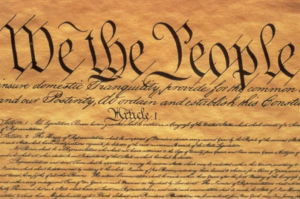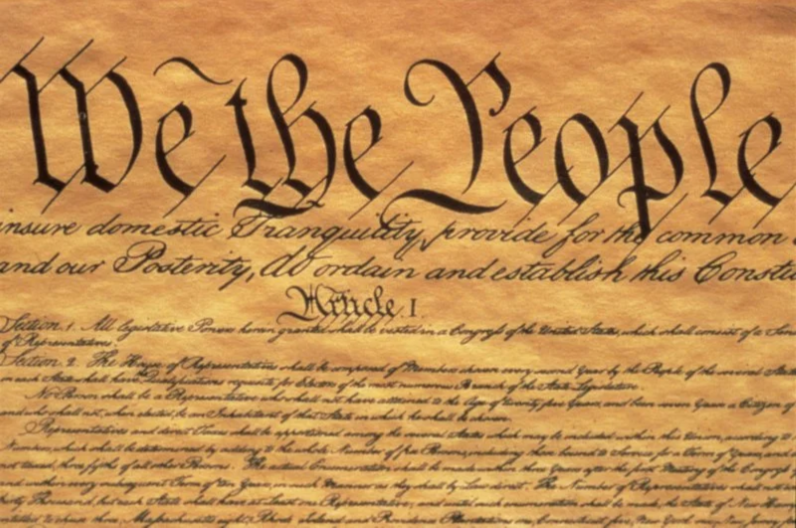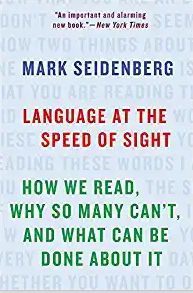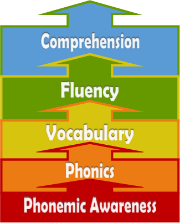Since the start of the new year, I have focused on the ways in which we are failing our children in our education system. Our standards and practices for reading, writing, and English are leaving our students ill-equipped for a life of satisfaction or success. Finally, we are failing our children in civic responsibility, and this may be the greatest failure of all.
For two to three generations, our school system has embraced multi-culturalism. This seems to have generated less than honorable views of Western culture, America’s history, and Caucasians in particular.
In 2002, a thirty-something professor expounded to me about the arrogance of Westerners, when, in fact, Eastern philosophy was superior. I asked him to explain, he couldn’t. He responded that it might just be his opinion. Yes, maybe.
I was at lunch a year ago with family members in Birmingham, AL. One family member had recently graduated from Auburn. Somehow, the conversation turned to American history. Our young graduate leaned forward to tell us, with obvious disdain and a superior smirk, that the country was founded on slavery. “Really,” I said, “the whole country?” I was stunned. In fact, I’m still stunned.
How Are We Failing Our Children in Civic Responsibility?
Now that we are in an election year, I think about this more and more. I hear recurring reports that our young people are supporting a “Democratic Socialist” for President. They obviously don’t understand socialism. They must also not understand economics. And, they clearly don’t know the definition of an oxymoron. How did we get here?
We can’t judge our schools by their mission statements or the common core objectives. We must judge them based on results. It’s my judgment that they are failing us. The facility with which our schools have promoted an alternative view of our history, our economy, and our traditional values has produced growing division and disdain.
Abraham Lincoln said that “a house divided against itself cannot stand.” That is a profound truth, no doubt. Countless times, people have quoted this phrase by Lincoln. However, he was not the first to make this observation. More original versions are available in Mark 3:25 and Matthew 12:25.
My niece’s view that the entire country was founded on slavery puts our current atmosphere into perspective. It’s why students vandalize, destroy, or remove the monuments to our founding fathers. These were not perfect men, but they were still great leaders and thinkers. It’s preposterous that we should diminish them. When we do, we diminish us all.
Why Isn’t Civic Responsibility a Focus of Our Education System?
The Dreyfuss Civics Initiative, has been campaigning for better civics education for many years. Dreyfuss clearly states the group’s mission, “To teach our kids how to run our country, before they are called upon to run our country…if we don’t, someone else will run our country.”
Our education system has adapted wildly from the basic “3 Rs.” It has encompassed all sorts of peripheral and political studies, even in our K-12 schools. A friend has a high school freshman son. He is learning that he has undeserved privilege because he happens to be a white male.
The focus of the schools should be, as we quoted Senator Lamar Alexandar last month, “reading, writing, arithmetic, and what it means to be an American citizen.” Without these fundamental skills and concepts, we can’t expect our students to prosper, nor can we expect them to appreciate their opportunities or their neighbors.
In 1991, the New York Times published a study that concluded “only one-third of adult Americans can correctly identify the Bill of Rights and fewer than 1 in 10 know it was adopted to protect them against abuses by the Federal Government.”
In 2017, the Washington Times published a study by the University of Pennsylvania Annenberg Public Policy Center. It showed that only 37% of those surveyed could name just one of the five rights protected by the First Amendment. Worse, only 33% could name one of the three branches of government.
What Should Our Students Be Learning to Be Citizens?
No one should dispute that reading, writing, and arithmetic are the foundation of a public education. That assumes, of course, that graduating students can read, write, and do basic math. The statistics, however, indicate that we are failing our children.
Hopefully, most of us would agree that, in addition to the basic, our students need a long view of our history that focuses on our successes as well as our failures. They need to understand our critical documents, our rights and our duties as responsible citizens.
Beyond academics, our students should take some time learning moral lessons dealing with honesty, integrity, and other virtues. In Japan, the first three years of school are completely about manners and culture. They clearly feel that the adoption of common values and practices have a positive impact on their society. Why wouldn’t we promote manners and common culture in addition to creativity and self-esteem?
To Civics and Beyond Failure in Civic Responsibility
As you can see from the citations above, we know we have a problem. Unfortunately, our decision makers don’t seem to know what to do. Without a change of direction, we will continue our slide to oblivion.
I think former Supreme Court Justice Sandra Day O’Connor said it best in a Cato.org article in 2011:
“Knowledge of our system of government is not handed down through the gene pool. … But we have neglected civic education for the past several decades, and the results are predictably dismal. … “Divisive rhetoric and a culture of sound bites threaten to drown out rational dialogue and debate. We cannot afford to continue to neglect the preparation of future generations for active and informed citizenship.”
Even the
NEA wrote about this crisis in 2017, “One of the primary reasons our nation’s founders envisioned a vast public education system was to prepare youth to be active participants in our system of self-government. The responsibilities of each citizen go far beyond casting a vote; protecting the common good would require developing students’ critical thinking and debate skills, along with strong civic virtues.”
In one of his early speeches, I believe Lincoln said it best:
“At what point then is the approach of danger to be expected? I answer, if it ever reach us, it must spring up amongst us. It cannot come from abroad. If destruction be our lot, we must ourselves be its author and finisher. As a nation of freemen, we must live through all time, or die by suicide.”
We are failing our children in civic responsibility. Thus, we are failing the country. Our schools should not be the source of our suicide. They should be just the opposite. To do that, they will need to focus on the basics of civic participation: reading, writing, arithmetic, economics, and civics, before it’s too late.





